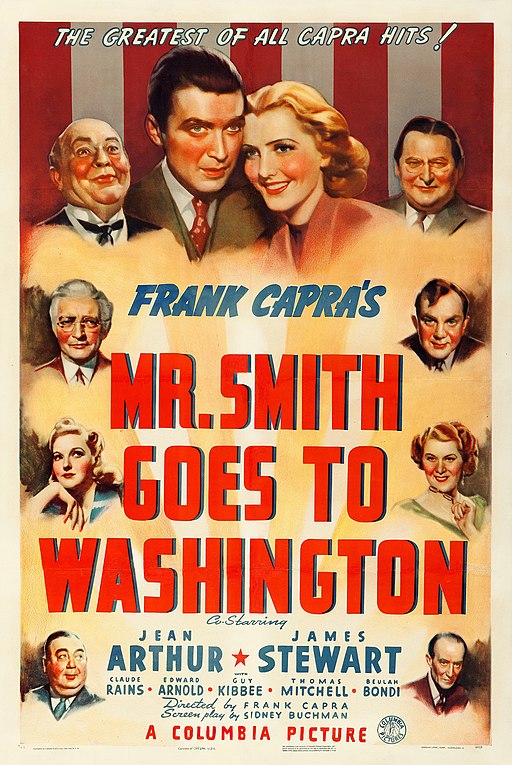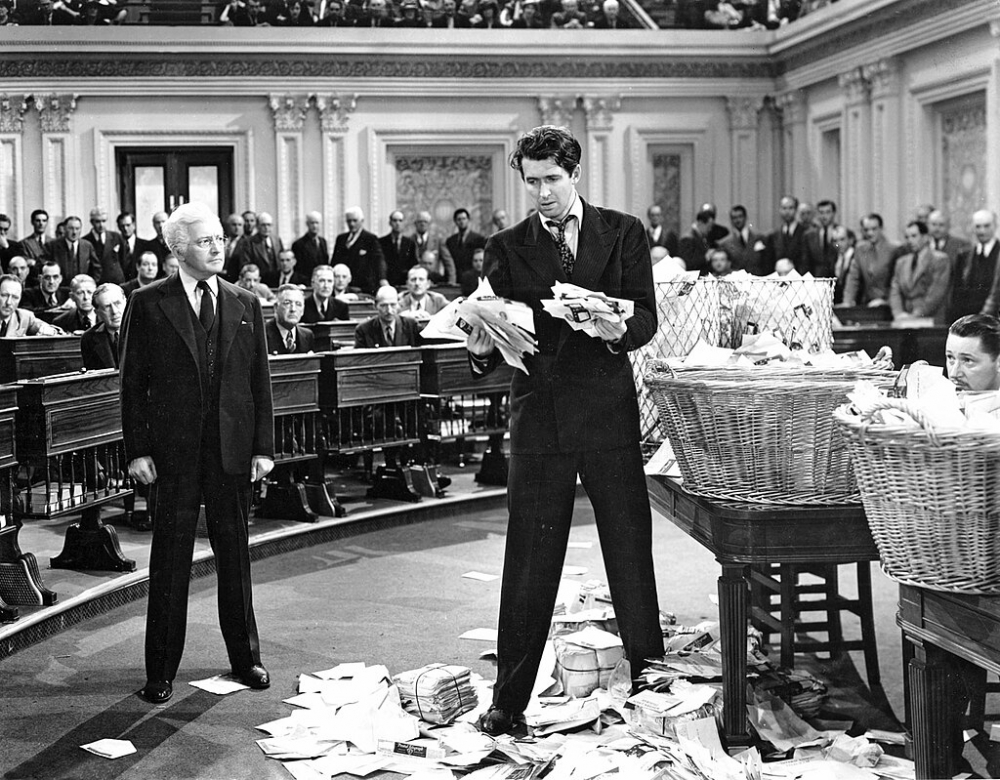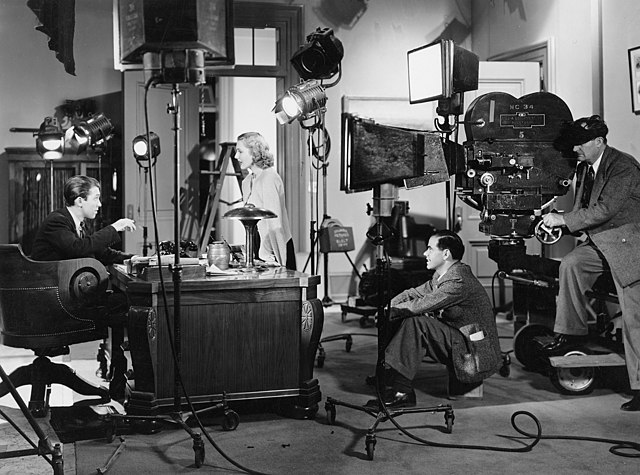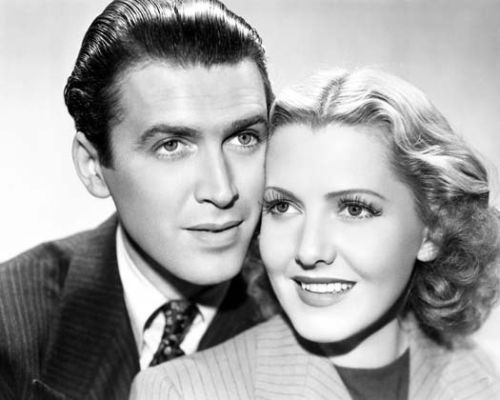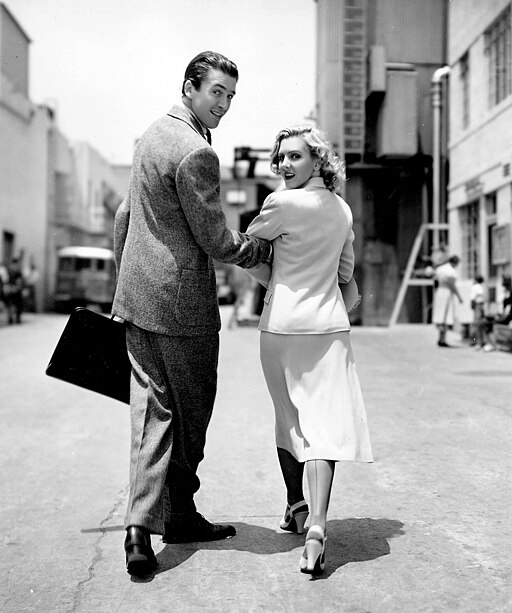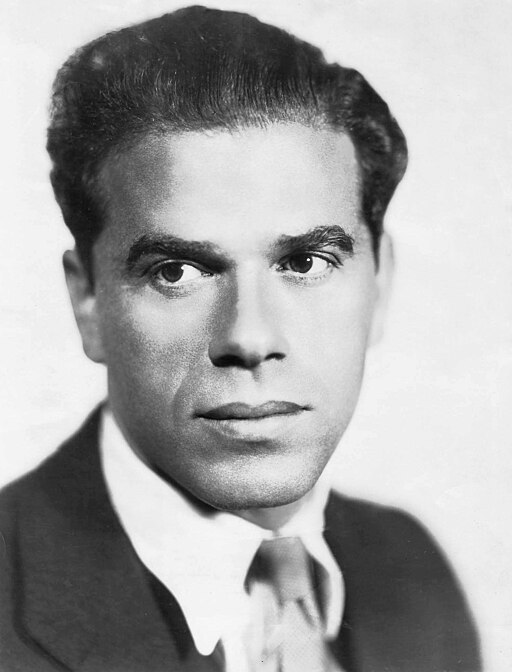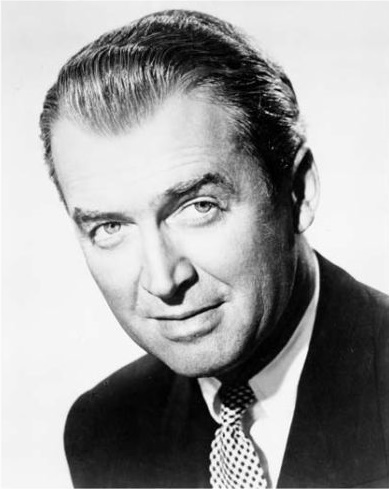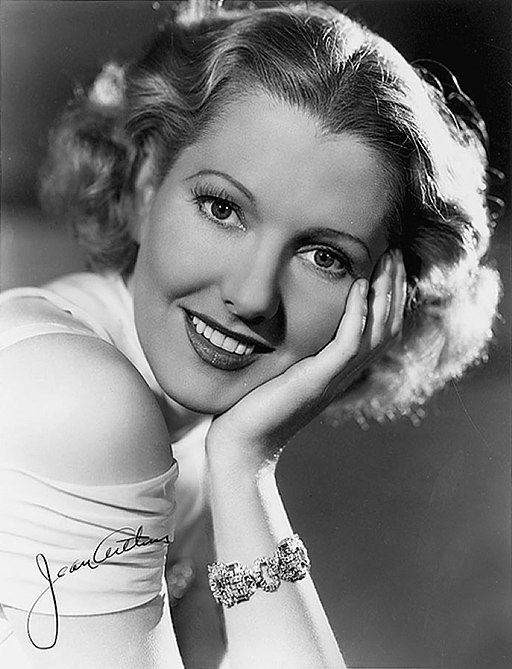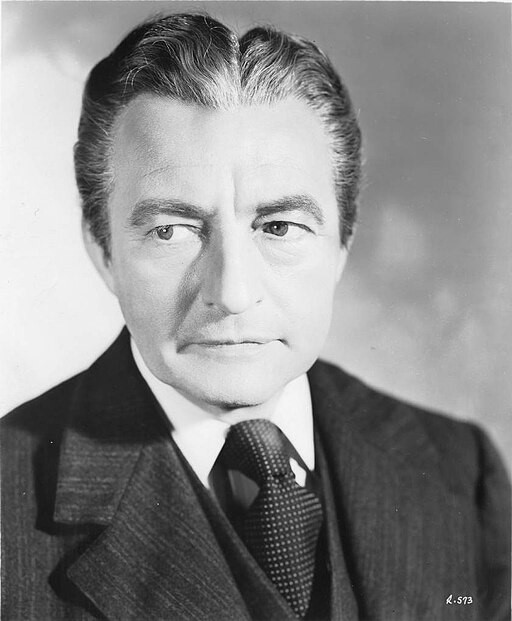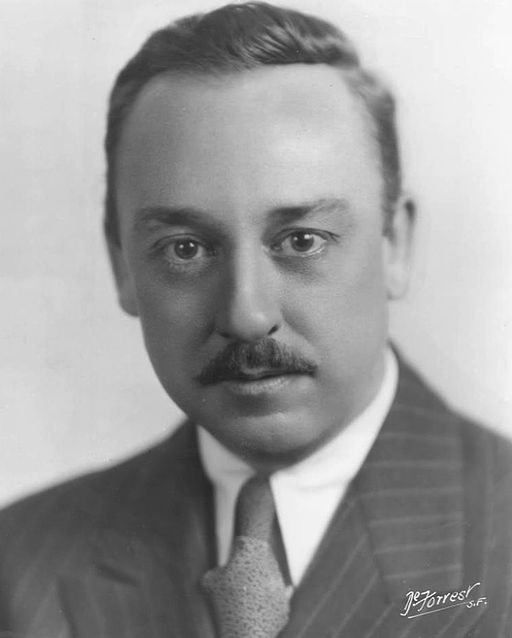Mr. Smith Goes to Washington - 1939
back| Released by | Columbia Pictures |
| Producer | Frank Capra |
| Script | Screenplay by Sidney Buchman, based on a story by Lewis R. Foster |
| Cinematography | Joseph Walker |
| Music by | Dimitri Tiomkin |
| Running time | 129 minutes |
| Film budget | Approximately $1.5 million |
| Box office sales | Estimated $9 million (worldwide) |
| Main cast | James Stewart - Jean Arthur - Claude Rains - Edward Arnold |
| Director | Frank Capra |
Mr. Smith Goes to Washington – Frank Capra’s political accusation from 1939
"Mr. Smith Goes to Washington" (1939), directed by Frank Capra, stands as a paradigm of American cinema, renowned for its political fervor, emotional depth, and cinematographic excellence. The film follows Jefferson Smith (James Stewart), an idealistic and naive young man thrust into the labyrinth of the U.S. Senate, where he confronts corruption and cynicism, advocating for truth and integrity.
Capra, with the aid of cinematographer Joseph Walker, employed innovative techniques to heighten the film’s dramatic impact and convey its potent themes. The use of low-angle shots, particularly in scenes within the Senate, serves to amplify the imposing nature of the political world, juxtaposing it against Smith’s initial helplessness. High-angle shots, conversely, encapsulate Smith’s isolation and the daunting task before him, while close-ups poignantly capture the raw emotion and moral fortitude of the characters.
Related
Summary Mr. Smith Goes to Washington
Jefferson Smith is chosen to replace a deceased U.S. Senator. That sets of a cascade of events. Smith is initially naive about the machinations of politics. His idealism contrasts starkly with the seasoned, often cynical nature of his political peers. When Smith proposes a bill to establish a boys' camp in his state, he unintentionally stumbles upon a scheme to defraud American citizens, spearheaded by political boss Jim Taylo.
Even Senator Paine, whom Smith had always admired is involved in the fraud. Unbeknownst to Smith his old father’s friend Senator Paine is betraying him and makes Smith to propose a bill that authorizes the government to buy land for his dream of a boy’s camp. The money would come from a government loan paid back by American teenagers who could donate for the project. However, the land designated for the camp was already destined for a dam to be built by the state. This meant that the donations would look like a fraud and Jefferson Smith looked like the culprit although he knew nothing about these plans.
Smith, though vilified and almost broken, fights back in a legendary filibuster, embodying relentless determination and faith in democratic ideals. The filibuster is a political maneuver to prolong a debate in order to prevent legislation. In Mr. Smith Goes to Washington, Jeferson Smith, played magnificently by James Stewart, is using a filibuster to postpone legislation and prove his innocence.
James Stewart is the real star of the movie, establishing his name as one of the all greats of movie history. He got an Academy Awards nomination for his role in Mr. Smith Goes To Washington. Two years later Stewart went on to became a war hero, as commander of the 703d Bombardment Squadron in the second World War. That fact could not deny that the film was controversial due to the critical approach towards the way American democracy was portrayed. The Washington press scene and many politicians in Congress labeled the movie as pro-Communist and anti-American.
Box Office and Financial Results
- The film was financially successful, reflecting the public's interest and approval despite (or potentially due to) the controversies it sparked.
- It grossed over $3.5 million ($66 million when adjusted for inflation) at the box office, making it one of the highest-grossing films of the year.
- "Mr. Smith Goes to Washington" was produced on a budget of approximately $1.5 million in 1939, which was a substantial amount for a film production at that time. Frank Capra, already a well-regarded director by that point, having won the Best Director Oscar for "It Happened One Night" (1934) and "You Can't Take It With You" (1938), managed to utilize the budget effectively to create a film that was both commercially successful and critically acclaimed, despite the varied controversies it spawned.
For context, considering inflation and economic changes, $1.5 million in 1939 would equate to roughly $28 million in today's money, showcasing the significant investment Columbia Pictures placed in Capra and his vision. The investment indeed paid off, considering both the immediate box office success and the enduring legacy of "Mr. Smith Goes to Washington" in American cinema.
Critical Reception
1. Praise:
- Critics largely hailed the film for its powerful narrative, impactful performances, particularly by James Stewart, and its cinematic execution. One critic stated that the movie was one of the best shows of the year. More fun than the Senate itself…
- Stewart’s portrayal of the idealistic and persevering Jefferson Smith was widely appreciated, earning him an Academy Award nomination for Best Actor.
- The film itself received several Academy Award nominations, including Best Picture, and it won for Best Original Story.
2. Criticism:
- Despite the cinematic accolades, numerous politicians and selected media outlets criticized it for its alleged defamatory depiction of the U.S. government and political processes.
- Some senators expressed their discontent by walking out of the film’s Washington D.C. premiere, and others publicly decried it as an insult to the American political system.
- On an international platform, the film faced censorship issues in certain European territories, particularly those under fascist regimes, due to its forthright depiction of democratic processes and individual empowerment against corrupt systems.
Complete Cast "Mr. Smith Goes to Washington":
- James Stewart as Jefferson Smith: The naive and idealistic appointee to the U.S. Senate.
- Jean Arthur as Clarissa Saunders: The knowledgeable and initially cynical secretary who assists and ultimately supports Smith.
- Claude Rains as Senator Joseph Paine: A senator whose corrupted morals are brought to light by Smith's unyielding idealism.
- Edward Arnold as Jim Taylor: A powerful and corrupt political boss manipulating events behind the scenes.
- Guy Kibbee as Governor Hubert "Happy" Hopper: The governor who appoints Smith to the U.S. Senate under Taylor’s influence.
- Thomas Mitchell as Diz Moore: A reporter and friend to Saunders, providing a more skeptical and realistic view of the political arena.
- Eugene Pallette as Chick McGann: A political operator working for Taylor and ensuring his will is executed in the political landscape.
- Beulah Bondi as Ma Smith: Jefferson Smith’s supportive and wise mother.
- H.B. Warner as Senate Majority Leader: A character who plays a key role during the Senate sessions depicted in the film.
- Harry Carey as President of the Senate: He presides over the Senate and plays a crucial role, especially during Smith’s filibuster, and notably provides the film's final validating nod towards Smith's efforts.
- Astrid Allwyn as Susan Paine: The daughter of Senator Paine, providing a personal connection and additional layer of complexity to Senator Paine’s character.
- Ruth Donnelly as Mrs. Hopper: The wife of Governor Hopper, who pushes him to select Smith, believing him to be easily manipulated.
- Grant Mitchell as Senator MacPherson: A member of the Senate, providing additional dynamics to the political machinations within the film.
- Porter Hall as Senator Monroe: Another senator who navigates through the political turmoil and strategies depicted in the film.
- Pierre Watkin as Senator Barnes: Yet another senator within the film, contributing to the detailed portrayal of Senate operations and politics.
- Charles Lane as Nosey: A reporter who provides some of the external perspective and commentary on the unfolding events within the Senate.
- William Demarest as Bill Griffith: A supportive character who aids and believes in Jefferson Smith’s cause.
- Dick Elliott as Carl Cook: A key political player in the state.
- Billy Watson as H.V. Kaltenborn: A broadcaster who plays a role in conveying the public narrative regarding Smith's actions.
- Delmar Watson, John Russell, Harry Watson, Garry Watson, Edward Hearn, and Bobby Watson as the Hopper Boys: The sons of the governor, who pressurize him into selecting Jefferson Smith as the senator.
- Russell Simpson as Kenneth Allen: One of the individuals implicated in the fraudulent dam scheme.
- Veda Ann Borg as Girl with the Chorus
- Larry Simms as Telegram Messenger: A young boy who brings a pivotal telegram to Smith during his filibuster.
- H.V. Kaltenborn as Himself (Radio Commentator): Providing radio commentary on the unfolding events.
- Frances Gifford as Aide to Mrs. Smith (uncredited)
- J. Farrell MacDonald as Minor Role (uncredited)
- Craig Stevens as Senate Reporter (uncredited)
- Dub Taylor as Senate Reporter (uncredited)
Additional characters and extras in the film bring the bustling and politically-charged world of Washington, D.C., to life, filling the Senate chambers during Smith's iconic filibuster, participating in public demonstrations, and illustrating the societal impact of the political drama unfolding onscreen.
Given the intricate narrative and the depth of societal and political commentary presented in "Mr. Smith Goes to Washington," each character, from the leads to the smallest roles, plays a vital part in portraying the complex, multifaceted world in which the events take place. Their collective performances converge to create a film that is both compelling in its story and rich in its depiction of 1930s American political life.
Key Points & Interesting Aspects
1. Stewart’s Stellar Performance:
- James Stewart's portrayal of Jefferson Smith became an emblem of earnest idealism against systemic corruption. His emotional depth, particularly during the filibuster scene, exhibited a seamless blend of vulnerability, defiance, and unwavering principle.
2. The Iconic Filibuster Scene:
- Lasting over 24 minutes in the film, the filibuster scene is a cinematic marvel, with Stewart delivering a performance that is both physically and emotionally draining, encapsulating the essence of one man standing against oppressive political might.
3. Thematic Brilliance:
- The movie ventures beyond a mere political drama, exploring themes of courage, integrity, and the belief in collective goodness. It challenges the audience to question moral compromise while also highlighting the power of steadfast integrity.
4. Social & Political Impact:
- Upon its release, the film faced criticism and even calls for censorship from political figures, deeming it anti-American and subversive. Conversely, it was embraced by audiences, appreciating its candid exploration of political dynamics and moral fortitude.
5. The Woman Behind the Man:
- Jean Arthur’s Clarissa Saunders offers a nuanced portrayal of a woman caught between worldly cynicism and newfound inspiration from Smith's unwavering idealism. Her evolution and support become crucial to the narrative’s emotional and thematic arcs.
6. Cinematic Techniques:
- Capra utilizes close-ups, high-contrast lighting, and poignant dialogues to enhance the emotional quotient of the film. His direction masterfully juxtaposes the underbelly of political maneuvering with the unblemished moral stance of the protagonist.
7. Timeless Relevance:
- The film's themes have remained relevant across generations, invoking reflections on political moralities and the eternal struggle between personal gains and collective welfare in governance.
8. Nominations and Awards:
- "Mr. Smith Goes to Washington" secured 11 Academy Award nominations, with an Oscar win for Best Original Story, testifying to its narrative strength and impactful storytelling.
Why Mr. Smith Goes to Washington was met with controversies
"Mr. Smith Goes to Washington" was released at a time when the United States was navigating the complexities of both domestic and international political landscapes. The film's portrayal of corruption and moral erosion within the U.S. political system was groundbreaking and, quite expectedly, generated a myriad of responses and controversies. Here are some notable points regarding the controversies and how it was met by the press and politicians:
Allegations of Anti-Americanism:
- Upon its release, some politicians and media outlets were quick to label "Mr. Smith Goes to Washington" as anti-American and subversive, claiming that it depicted the U.S. government in a disparaging light.
- The film unapologetically highlighted corruption within the political arena, presenting the government and Senate as entities susceptible to moral and ethical decay, which irked many in real-world politics.
International Implications:
- The international political context also played a role in shaping the film’s controversies. Released on the brink of World War II, there were concerns about how the film might be perceived internationally.
- Some believed it would serve as propaganda for nations antagonistic towards the U.S., highlighting perceived flaws in the democratic system to their advantage.
Public and Political Backlash:
- Politicians and lobbyists voiced vehement opposition to the film, citing its potential to sow seeds of distrust among citizens regarding their elected representatives.
- Some senators were particularly vocal about their disdain for the film, feeling personally attacked or misrepresented by the corruption and scheming depicted in the Senate.
Media Criticism and Praise:
- While certain media outlets echoed the sentiments of offended politicians, others praised Frank Capra’s brave endeavor to bring the stark realities of political machinations to the forefront.
- The film received positive reviews for its compelling narrative, stellar performances, especially by James Stewart, and its unflinching portrayal of political realities. It was also lauded for its uplifting and idealistic conclusion, which affirmed faith in democratic systems and individual integrity.
Hollywood’s Navigations:
- Within Hollywood, the film's bold narrative presented a precarious tightrope to walk, given the industry’s relationship with political entities.
- Frank Capra, despite crafting a film that was critical of governmental corruption, maintained that the film was fundamentally pro-American, spotlighting the triumphant spirit of an individual standing firm against systemic corruption.
The Film's Cultural Impact:
- Despite the controversies and political backlash, "Mr. Smith Goes to Washington" was embraced by many and has since been heralded as one of the greatest films of all time.
- It has been utilized in educational settings to illustrate democratic processes (the filibuster, for example) and continues to spark discussions regarding political ethics, the role of media, and the power of unyielding moral stance against collective corruption.
In spite of—or perhaps because of—the numerous controversies and debates it sparked, "Mr. Smith Goes to Washington" has endured as a cultural and cinematic landmark. It serves as a continual reminder of the delicate balance between political critique and patriotic narrative, exploring the nuances and complexities of democratic governance, individual idealism, and societal structures.
Awards and nominations
Academy Awards (Oscars) 1940:
Wins:
- Best Writing, Original Story - Lewis R. Foster: Foster’s original story provided the strong foundation upon which the screenplay was built.
Nominations:
- Best Picture: The film was recognized in the top category, highlighting its overall excellence.
- Best Director - Frank Capra: Capra's masterful direction was acknowledged with a nomination.
- Best Actor - James Stewart: Stewart’s captivating performance earned him a spot in the Best Actor category.
- Best Supporting Actor - Harry Carey: Carey was recognized for his role as the President of the Senate.
- Best Supporting Actor - Claude Rains: Rains received a nomination for his portrayal of Senator Joseph Paine.
- Best Art Direction - Lionel Banks: The film’s art direction was acknowledged in this category.
- Best Film Editing - Gene Havlick and Al Clark: The editing played a crucial role in the film’s pacing and was recognized with a nomination.
- Best Music, Scoring - Dimitri Tiomkin: Tiomkin’s score added depth to the film’s emotional scenes, earning him a nomination.
- Best Sound, Recording - John P. Livadary (Columbia SSD): The film's sound design was crucial for its impact and was acknowledged with a nomination.
New York Film Critics Circle Awards 1939:
Wins:
- Best Director - Frank Capra: Capra took home the award for Best Director.
Other Recognition:
In addition to these awards and nominations, "Mr. Smith Goes to Washington" has received numerous honors over the years, including being selected for preservation in the United States National Film Registry by the Library of Congress for being "culturally, historically, or aesthetically significant." The film’s impact on American cinema and its enduring legacy as a classic piece of political and social commentary have solidified its place in film history.
Conclusion
"Mr. Smith Goes to Washington" persists as a cultural and cinematic treasure, reflecting the perpetual global struggle between uncorrupted idealism and systemic, ingrained corruption. Through stellar performances, especially by James Stewart, and Capra’s adept direction, the film invites viewers into a world where moral conviction triumphs over malicious intent, embodying a timeless narrative that continues to inspire and provoke thoughtful discourse. This movie is not merely a political drama but a stirring reflection on moral endurance, societal structures, and the undying belief in collective ethical imperatives, ensuring its indelible mark on cinematic history.

